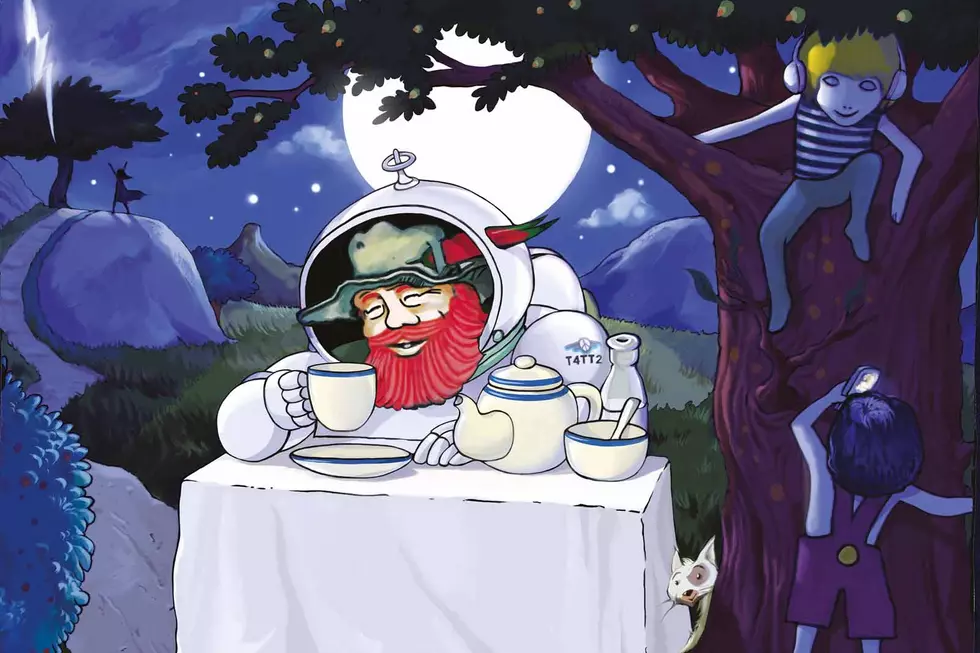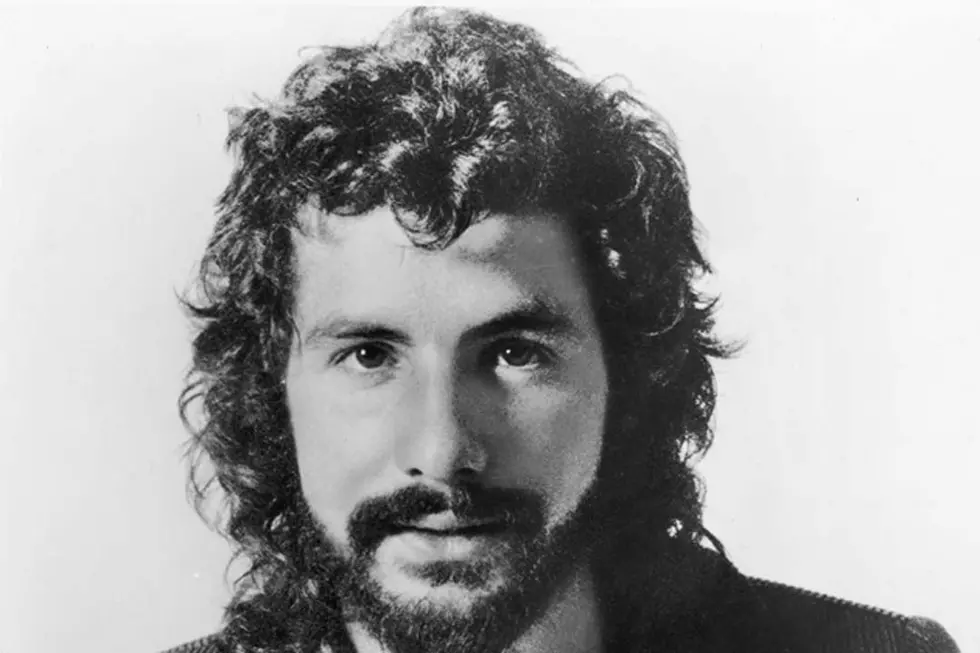
How Cat Stevens Hit the Big Time With ‘Teaser and the Firecat’
By 1971, Cat Stevens had already been making records for five years with three singles charting in the U.K. Top 10. But it wasn't until the release of the Tea for the Tillerman, and the success of the single "Wild World," in late 1970 that the U.S. started to pay attention and paved the way for everything that followed.
From the opening strum of "The Wind" to the closing notes of the classic "Peace Train," Steven's fifth album, Teaser and the Firecat, remains one of his strongest works. The LP spawned three worldwide hits, starting with "Moon Shadow," which entered the Top 40 earlier in the year. "Morning Has Broken" made the Top 10, and "Peace Train" hit No. 7 just before the album's release.
"Oh, I've been smiling lately dreaming about the world as one, and I believe it could be someday it's going to come," Stevens sings, and that hopeful, if maybe a little naive, sentiment still rings true nearly half a century later. "I get the tune, and then I just keep on singing the tune until the words come out from the tune," Stevens told a DJ back in 1971. "It's kind of a hypnotic state that you reach after a while, when you keep on playing it where words just evolve from it. So you take those words and just let them go whichever way they want."
Other tracks, such as "Tuesday's Dead" and "Bitter Blue" would become FM-radio staples, and Stevens elevated to the big leagues. He'd stay there until he walked away from his fame and career at decade's end.
Like his previous albums, Teaser and the Firecat includes help from ace session players like Yes' Rick Wakeman on piano and Gerry Conway (later of Jethro Tull and Fairport Convention) on drums.
Listen to Cat Stevens Perform 'Peace Train'
And even though he was often lumped in with other singer-songwriters of the era, Stevens' style and approach was distinctively different. His take on folk music was rooted in pop, just as his pop music was rooted in folk.
The response to Teaser and the Firecat was immediate. It became a huge hit, just missing the top of the chart, settling in at No. 2, setting up the next year's Catch Bull at Four, Stevens' only No. 1 album in the States. And in a reversal of commercial fortune, Teaser was a bigger hit in the U.S. than it was in his native U.K.
"America was like a sleeping beauty for me," Stevens summed up to Sounds magazine in 1971. "I've always wanted to get into America because so much influence has come from there and it's always a great challenge to make it in America. I thought I'd get to the same stage as perhaps I am in England, but things have really gone so much wider than that, because there's no preconception about who Cat Stevens is. They're really taking it on music value and whatever comes out on record."
The Top 200 '70s Rock Songs
More From Ultimate Classic Rock









